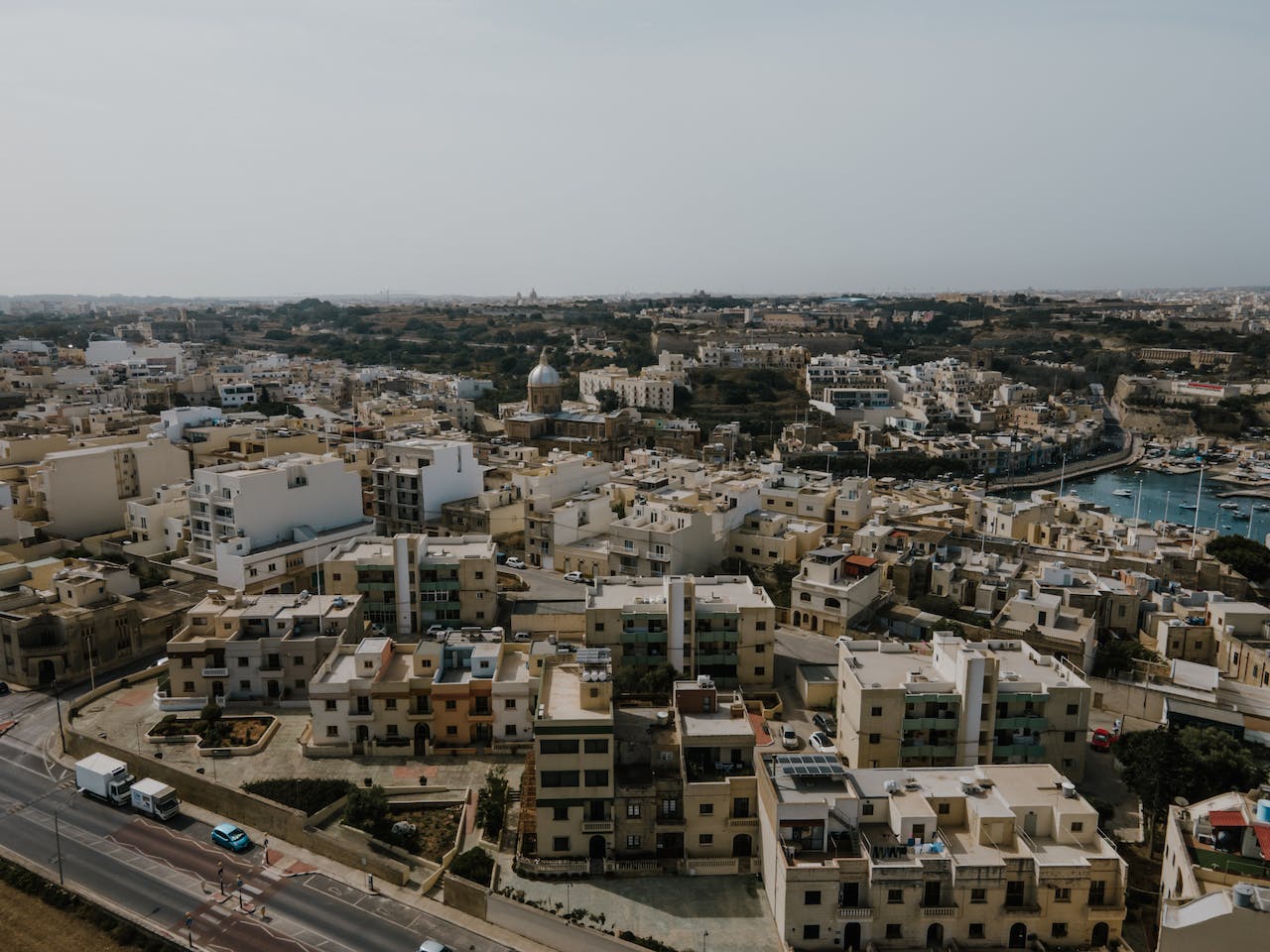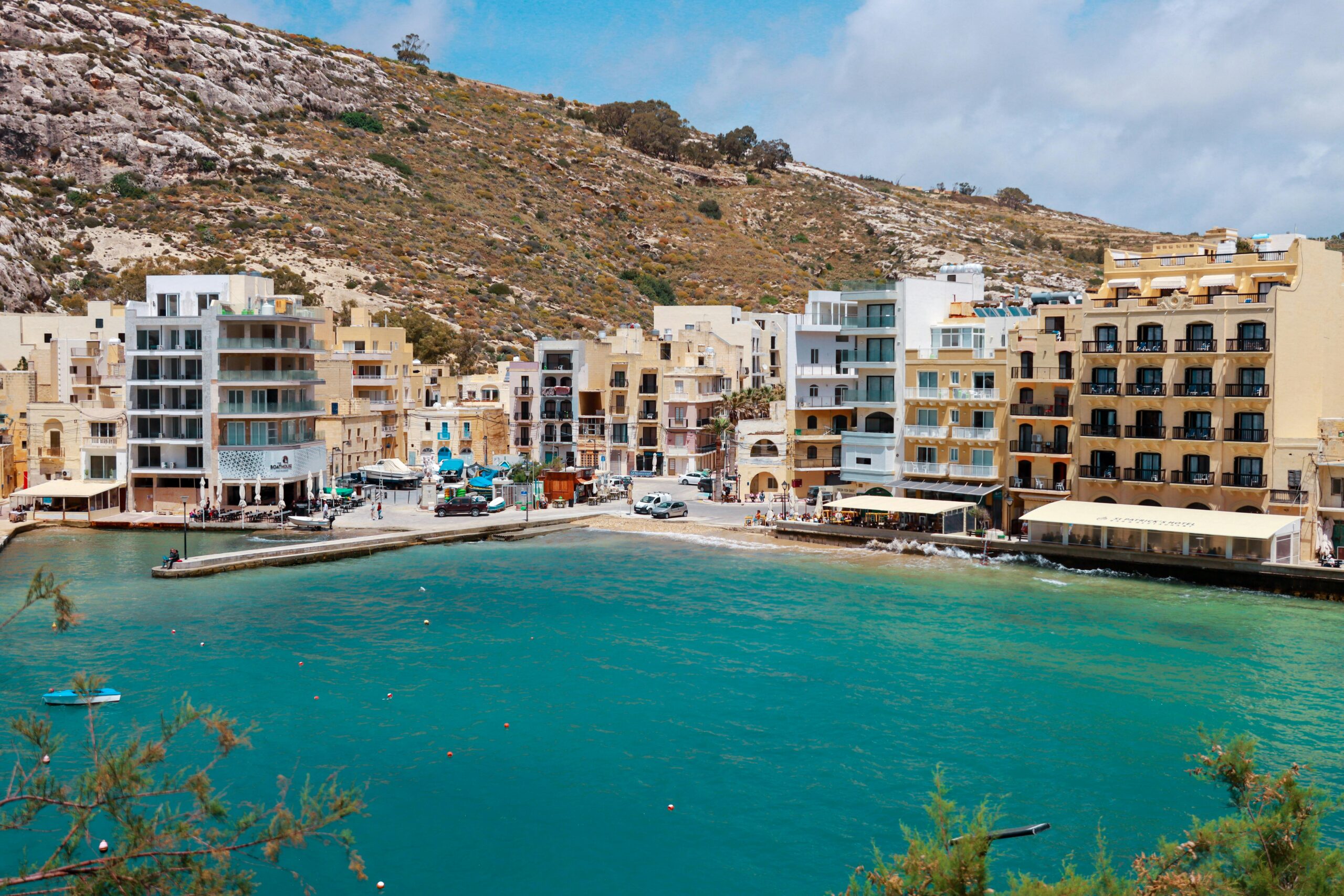The Organisation for Security and Cooperation in Europe’s (OSCE) ministerial meeting concludes today, as Malta hosts the 31st Ministerial Council in Ta’ Qali.
Over 800 delegates, including foreign ministers, ambassadors, and international journalists from the OSCE’s 57 participating states, have convened for two days of high-stakes discussions addressing global security concerns.
The summit, which began on Thursday (yesterday), has been marked by sharp divisions over the Ukraine-Russia war, escalating tensions in Israel and Gaza, and rising geopolitical concerns in South Korea.
As Chairperson-in-Office for 2024, Malta has focused its agenda on addressing Russia’s war in Ukraine, strengthening cyber resilience, tackling transnational threats, promoting media literacy, and advancing the Women, Peace, and Security agenda.
The summit has provided a platform for these priorities, though progress has been overshadowed by stark divisions among member states.
Foreign Minister Ian Borg will deliver the final press conference at around 1pm, concluding the two-day gathering that has brought both collaboration and controversy to the forefront.
Earlier this morning, Dr Borg shared a message on social media, expressing hope that after months of negotiations led by Malta, “an agreement can be reached among the 57 countries.”
The meeting has been dominated by the war in Ukraine, with Thursday’s session featuring heated exchanges between Russian Foreign Minister Sergey Lavrov and US Secretary of State Antony Blinken.
Mr Lavrov accused the West of using Ukraine as a tool to “keep Russia down,” describing military aid to Ukraine as a “reincarnation of the Cold War” that risks escalating into hot conflict.
Mr Blinken countered with sharp criticism of Russian President Vladimir Putin, labelling his actions an “imperial project” aimed at erasing Ukraine’s sovereignty. The US Secretary of State reaffirmed Washington’s commitment to supporting Ukraine and accused Putin of undermining the principles of international law.
Mr Lavrov’s presence in Malta has been met with resistance from several foreign ministers. Polish Foreign Affairs Minister Radoslaw Sikorski refused to engage with Lavrov – “Russia corrupts every organisation,” he remarked.
Dutch Foreign Minister Caspar Veldkamp avoided Lavrov entirely, while Czech Foreign Minister Jan Lipavský delivered a blunt message: “Get out of Ukraine.”
German Foreign Minister Annalena Baerbock echoed these sentiments, declaring, “We will not allow Putin to bomb our Common Peace Order into dust and ashes, nor will we allow Russia to play its cynical game of undermining the foundational pillars of the OSCE uncommented.”
The closing plenary session today will mark the formal conclusion of the Ministerial Council, setting the stage for the OSCE’s future priorities as it navigates an increasingly complex global security landscape.
Featured Image:
Ian Borg / Facebook
db Foundation raises €8,419 for Karl Vella Foundation with MasterChef Malta Charity Dinner
These events form part of the db Foundation's ongoing commitment to supporting vulnerable members of society through impactful initiatives
Residential property prices rise by 5.7% in first quarter of 2025
The new figures show continued growth in Malta’s property sector
Youth4Entrepreneurship Gozo 2025: Youth invited to propose innovative digital solutions
The initiative aims to empower youth to become active contributors to Gozo’s development by addressing local challenges






